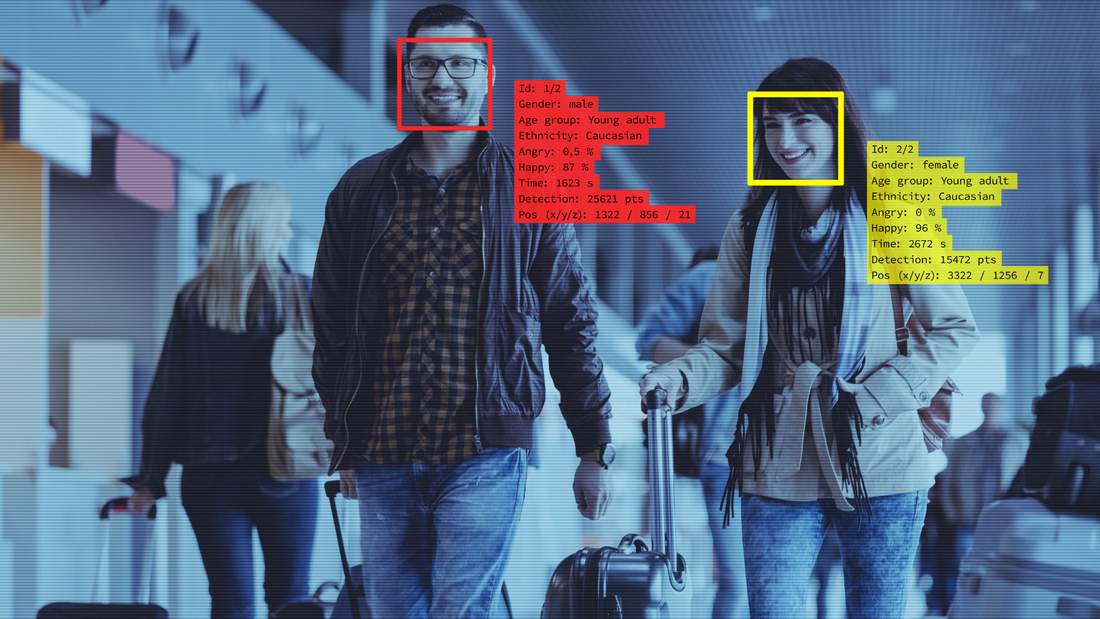|
Facial recognition technology has proven to be useful but fallible. It relies on probabilities, not certainties, algorithms measuring the angle of a nose or the tilt of an eyebrow. It has a higher chance of misidentifying women and people of color. And in the hands of law enforcement, it can be a dangerous tool for mass surveillance and wrongful arrest.
It should come as no surprise, then, that police mistakenly arrested yet another man using facial recognition technology. Randall Reid, a Black man in Georgia, was recently arrested and held for a week by police for allegedly stealing $10,000 of Chanel and Louis Vuitton handbags in Louisiana. Reid was traveling to a Thanksgiving dinner with his mother when he was arrested three states and seven hours away from the scene of the crime. Despite Reid’s claim he’d never even been to Louisiana, facial recognition software identified Reid as a suspect in the theft of the luxury purses. That was all the police needed to hold him for close to a week in jail, according to The New Orleans Advocate. Gizmodo reports, “numerous studies show the technology is especially inaccurate when identifying people of color and women compared to identifications of white men. Some law enforcement officials regularly acknowledge this fact, saying facial recognition is only suitable to generate leads and should never be used as the sole basis for arrest warrants. But there are very few rules governing the technology. Cops often ignore that advice and take face recognition at face value.” When scientists tested three facial recognition tools with 16 pairs of doppelgangers – people with extraordinary resemblances – the computers found all of them to be a match. In the case of Reid, however, he was 40 pounds lighter than the criminal caught on camera. In Metairie, the New Orleans suburb where Reid was accused of theft, law enforcement officials can use facial recognition without legal restriction. In most cases, “prosecutors don’t even have to disclose that facial recognition was involved in investigations when suspects make it to court.” Elsewhere in Louisiana, there is no regulation. A state bill to restrict use of facial recognition died in 2021 in committee. Some localities use facial recognition just to generate leads. Others take it and run with it, using it more aggressively to pursue supposed criminals. As facial recognition technology proliferates, from Ring cameras to urban CCTVs, states must put guardrails around the use of this technology. If facial recognition tech is to be used, it must be one tool for investigators, not a sole cause for arrest and prosecution. Police should use other leads and facts to generate probable cause for arrest. And legal defense must always be notified when facial recognition technology was used to generate a case. It may be decades before the technical flaws in facial recognition are resolved. Even then, we should ensure that the technology is closely governed and monitored. Comments are closed.
|
Categories
All
|


 RSS Feed
RSS Feed